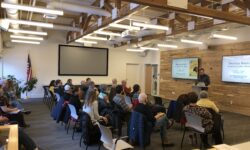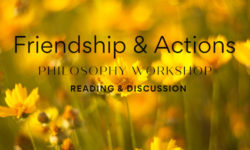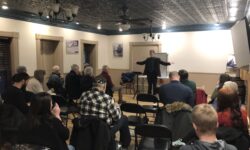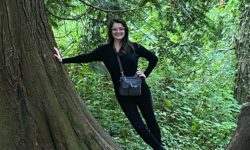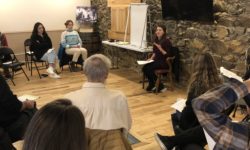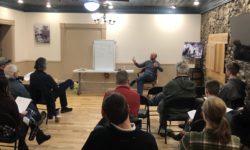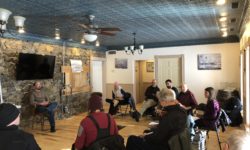Philosophy Workshop: “Ways of Knowing”
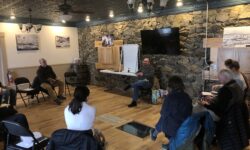
Most of us have the basic intuition that, because the truth “always is what it is”then there shouldn’t really be different “kinds” of knowing: we either know, or we don’t know, and that’s that. Knowledge, like truth, should be objective and invariable. Yet many of us also have another intuition: sometimes, there really does seem to be “something different” about knowing, or about acquiring knowledge, in different ways. In this workshop we applied some traditional tools, along with our own careful analytic skill, to see what we could salvage from both intuitions. We identified, as best we can, what each intuition gets right, as well as how they fit together in a coherent way. Critically, we learned to appreciate the difference between knowing, as an activity that we do, and knowledge, as a thing that we have. Access resources here!

